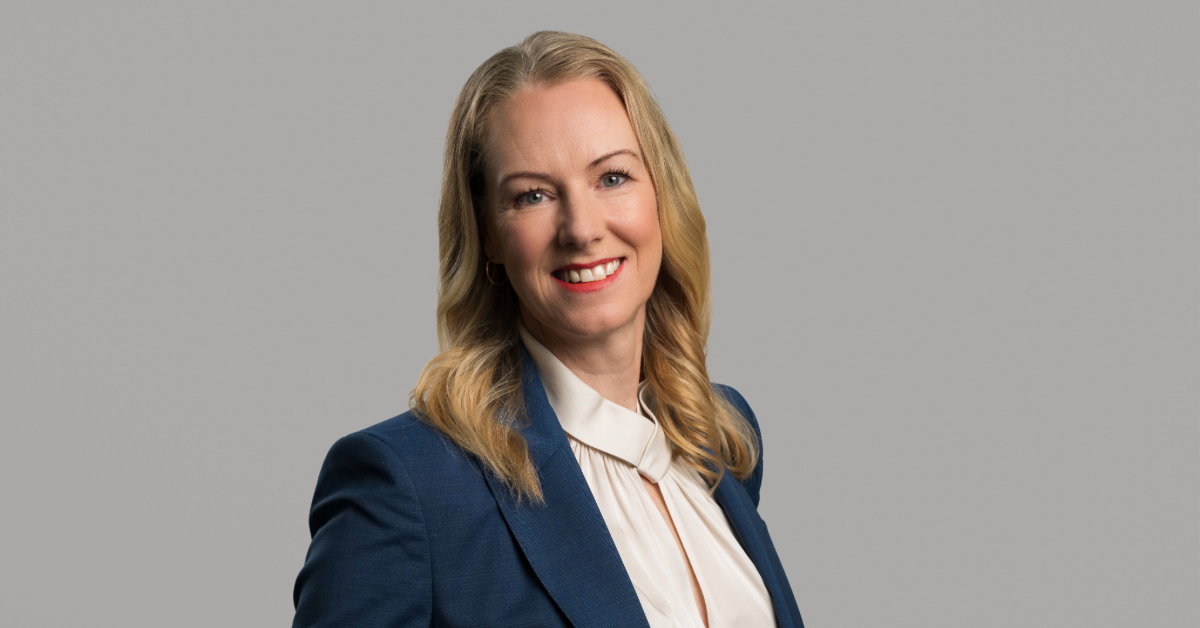Finland
Finland is a member state of the European Union and a Schengen country.
The following international regulations apply:
– Hague Child Abduction Convention (Convention of 25 October 1980 on the Civil Aspects of International Child Abduction).
– 1996 Hague Convention on Parental Responsibility and Protection of Children
– Between most of the EU Member States, The Council Regulation (EC) No 2201/2003 of 27 November 2003 and its replacement Council Regulation (EC) No 2019/1111 of 29 June 2019 (Brussels II ter) are valid in Finland.
The Contracting States to the Convention have to appoint a Central Authority to facilitate and ensure return proceedings. In Finland, the Ministry of Justice acts as the Central Authority in accordance with the Convention.
If a child has been taken to a country that is a party to the Hague Convention on the Civil Aspects of International Child Abduction, the Ministry of Justice will help in the clarification of the abduction and provides guidance in filing the application for return.
If a child has been taken to a country that is not a party to the Hague Convention on the Civil Aspects of International Child Abduction, the Ministry for Foreign Affairs can assist parents.
If the child’s whereabouts are unknown or it is unclear to which country the child has been taken the local police can help.
Please find a list of helpful websites at the end of this text.
Country Reporter:
Johanna Norrback Ilvessalo
Johanna is partner and founder of Familja Attorneys Ltd, with 20 years of experience.
She focusses on cross border family matters including all kinds of matters related to children including child abduction, divorce and adjoining matters.
Johanna has volunteered to keep this page about Finland up to date.
Lawyers and mediators in Finland
We provide a list of lawyers and mediators in Finland, who can assist you in drafting an international parenting plan, in preventing conflicts over the primary residence of the children, and in negotiating and litigating over the children in the event of relocation or child abduction.
Traveling with children: Finland
The child’s guardians and the making of decisions relating to the child are regulated by the Act on Child Custody and Right of Access (190/2019).
If the parents have joint custody of the child, neither parent can essentially take the child to another State without the other parent’s consent, but there are no special rules in Finland concerning temporary removal, e.g. for holidays, and there are no forms that are used to give consent.
Custody agreements are often drafted in a way that allows both parents to travel with the child during the time they are with the child without needing the consent of the other parent.
A decision by the court concerning the right of access to the child may contain provisions as to whether a parent may travel abroad with the child during such access.
Countries that are a part of the Schengen Agreement do not carry out standard border controls. According to the Passport Act (671/2006), the police may cancel a Finnish passport issued to a child if the custodian has withdrawn his or her consent to issuing the passport.
However, the competence of the police in passport issues only extends to Finnish passports, which might not be enough if the child also has the nationality of another country and holds the passport of another country.

Child relocation: Finland
If both parents share custody of their child, neither parent can relocate to a foreign country without the consent of the other.
In cases where one parent has sole custody, the non-custodial parent needs consent to change the child’s habitual residence to another State.
The custodial parent holds the right to move abroad with the child without seeking the other parent’s consent.
When a parent plans to relocate they must inform the other parent, especially if it affects custody or visitation rights.
If someone other than the child’s parent has been granted custody, similar notification procedures apply when intending to relocate, ensuring open communication between all parties involved.
Child abduction: Finland

Hague Convention
Finland is a Contracting State to the 1980 Hague Convention on the Civil Aspects of International Child Abduction. If a child has been wrongfully removed from Finland to another Contracting State of the Hague Child Abduction Convention, an application for the return of the child can be submitted to the Ministry of Justice, which functions as the Central Authority.
The Ministry of Justice is a first point of contact if you want your children to return. The Ministry of Justice communicates with the Central Authority of the applicant’s country to which he or she seeks the child’s return.
For more information, you can visit the Government website.
If a child has been unlawfully removed from another contracting state of the Hague Child Abduction Convention to Finland, a parent can submit an application for the child’s return with the Central Authority of the child’s habitual residence. The authority will forward the application to the Central Authority of Finland.
Court procedure
After receiving the application, the Finnish Central Authority will transfer it to an attorney specializing in child abduction cases. Initially, the attorney will assess the possibility of a voluntary return in the given situation. If such a return is not possible, they will proceed to initiate legal proceedings in the Helsinki Court of Appeal. This court serves as the initial jurisdiction in Finland for handling all applications related to the return of a child. The court will strive to reach a judgment within 6 weeks in accordance with Article 11.
Child participation
Children can be heard in court procedures. Normally the child’s views are heard by the Child Services and the Social Welfare Officer will meet the child.
Mediation
Mediation is an important part of all child related processes. It is possible in child cases up to the end of the main court hearing.
Legal aid
The Central Authority’s services are always free of charge. Finland’s Central Authority is also responsible for the costs resulting from translating the application for the return of the child and the necessary appendices.
Parents may also be eligible for public legal aid. The party involved usually pays for the legal aid they need. If they cannot afford to get the help they need, it can be paid partially or entirely with state funds. However, legal aid is not usually granted if the applicant has legal aid insurance from which the expenses can be reimbursed.
Further, the ordinary legal aid granted in Finland covers only general legal advice in cases pending abroad. If it is not possible to obtain legal aid in the State of destination, the Ministry of Justice may, under the Legal Aid Act (257/2002), decide on the granting of legal aid in a case considered abroad more extensive than legal advice. A parent may ask the Ministry of Justice for more detailed instructions on applying for legal aid.
For more information, see oikeus.fi website.

For more details: check the country profile of Finland on the website of HCCH.
Criminal law : Finland
Alongside return procedures under civil law, parents can file a report on child abduction to the police. The case is then processed as a criminal procedure by the police and the prosecutor. Unfortunately, criminal proceedings only concern the parent who abducted the child and do not automatically lead to the return of the child.
Usually in cases where a child’s whereabouts are unknown the police have the best prerequisites for investigating the case. A parent can contact the police of the child’s home municipality and file a missing person’s report. The local Finnish police can issue an alert for a missing person in the Schengen Information System (SIS) or to Interpol through the National Bureau of Investigation.
Offences concerning child abduction is laid down in the Criminal Code (1889/39), Chapter 25, Section 5a Finland. A criminal offence may result in a fine or a maximum of two years’ imprisonment.
The person who abducts a child may also be guilty of other offences against personal liberty, such as deprivation of personal liberty, aggravated deprivation of personal liberty and hostage taking.
Waiving of measures
The prosecution of or the punishment for child abduction may be waived if the suspect or the perpetrator has voluntarily returned the child, if the best interests of the child so require, or if, taking into consideration the reasons leading to the act, a trial and a punishment are to be deemed unreasonable, Section 9a.

Websites : Finland
The national legislation and the international agreements are available in: Finlex Data Bank
For more details: check the country profile of Finland on the website of HCCH.
Government website on Child Abduction:
Finnish government website: Child Abduction
Central Authority
HCCH | Authority: Central Authority Finland
Legal aid
Legal Aid Offices: Legal aid
Ministry for Foreign Affairs
https://um.fi/child-abduction
Ministry of Social Affairs and Health
https://stm.fi/en/social-and-healthservices
Abducted Children Finland NGO
https://ensijaturvakotienliitto.fi/kaapatutlapset/languages/#english
Blogs about Finland
No posted blogs published yet.
Case law in Finland
No posted blogs published yet.



